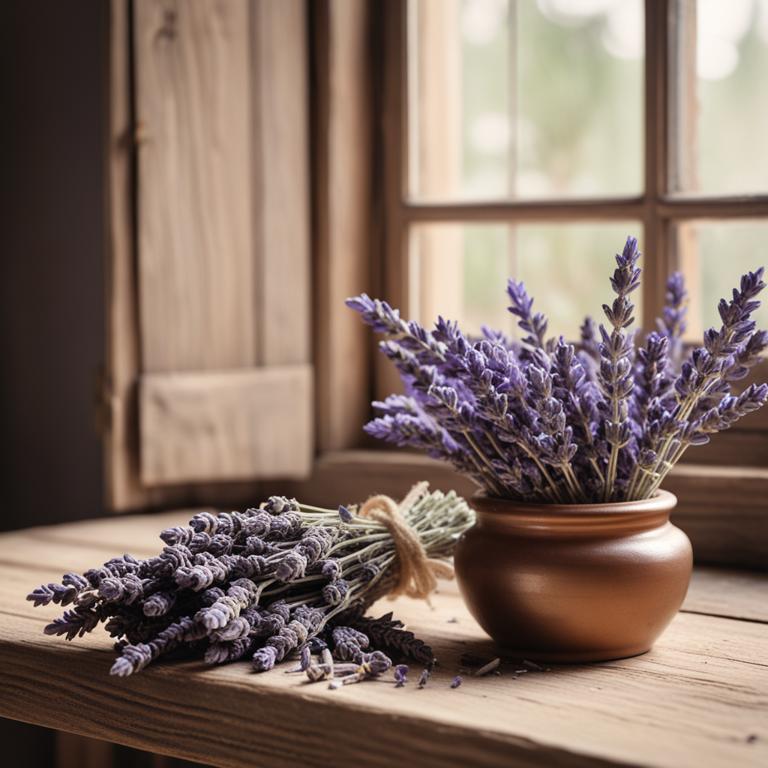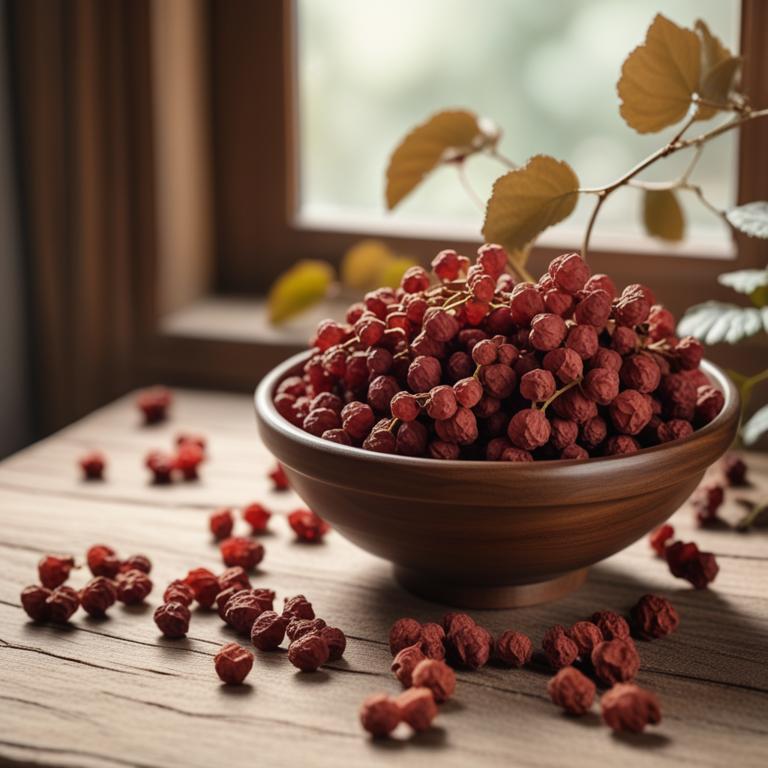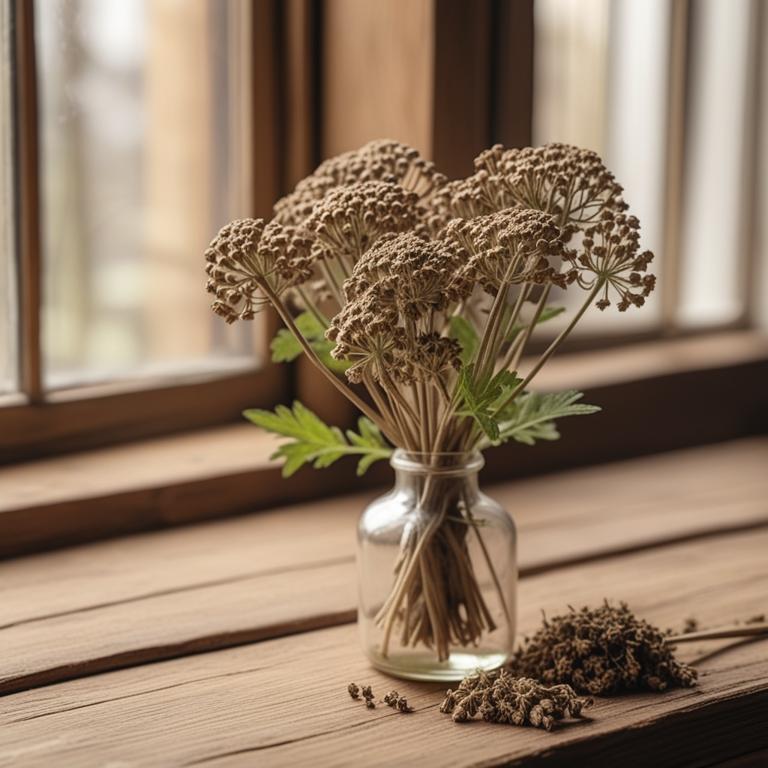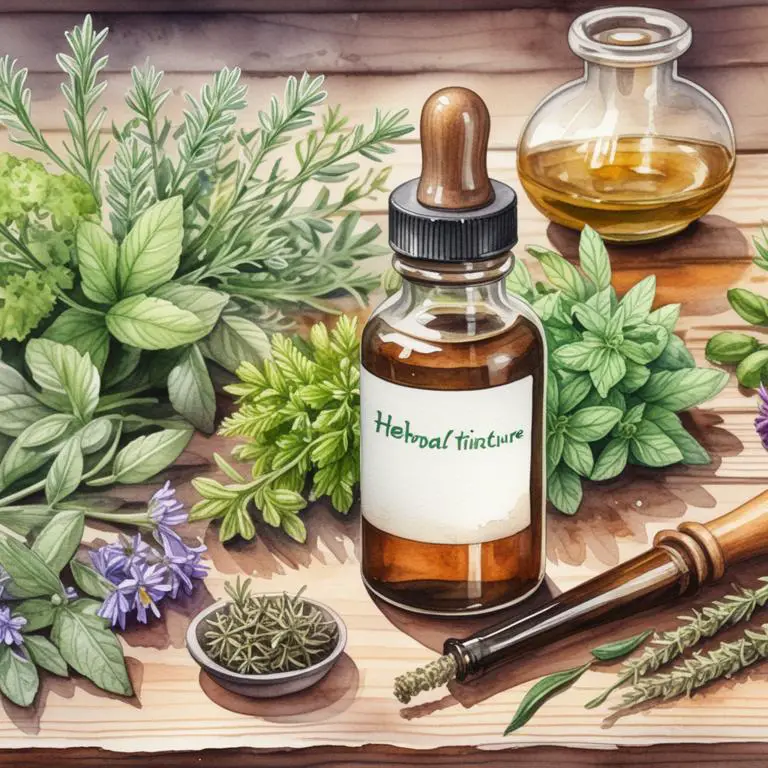Updated: Dec 1, 2024
Understanding Headaches: Causes, Herbal Remedies, and Natural Preparations
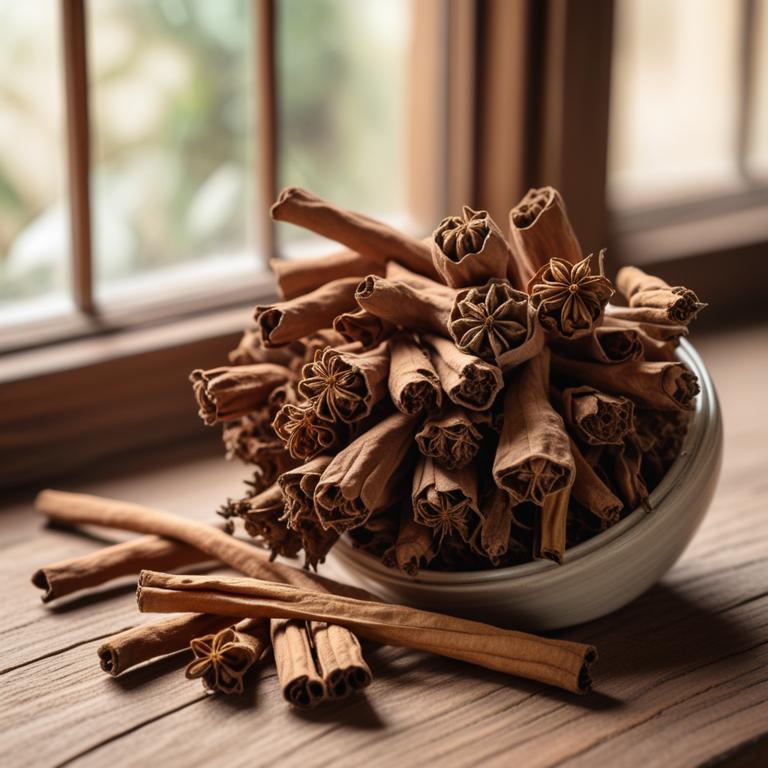
Headaches can be a real nuisance, affecting your mood, energy, and ability to focus.
They can be a throbbing pain in your head, or a dull ache that won't go away. Some people experience headaches due to stress, fatigue, or even certain foods they eat. Others may have migraines, which can be triggered by hormonal changes, bright lights, or loud noises. When it comes to treating headaches, some people turn to herbal remedies.
Herbs like feverfew and butterbur have anti-inflammatory properties that can help reduce pain and swelling. Ginger is another popular herb that's often used to calm the stomach and ease headache symptoms. Peppermint oil, which can be inhaled or applied topically, can help relax tense muscles and improve blood flow. To use these herbs, you can try drinking teas, like ginger or peppermint. You can also apply a cool compress to your forehead or neck to help ease tension.
Some people like to take supplements, like feverfew capsules, but be sure to talk to a healthcare professional before trying any new remedies.
Table of Contents
What causes headaches to occur?
The main causes of headaches are often related to tension, migraine, sinusitis, and dehydration.
Tension headaches are usually caused by stress, anxiety, or muscle strain in the neck and scalp. When you're under pressure, your muscles can tighten up, leading to a dull ache or pressure in your head. Migraines, on the other hand, are a more severe type of headache that can be triggered by hormonal changes, certain foods, or even stress. They often cause a throbbing or pulsing sensation on one side of the head.
Sinusitis is another common cause of headaches, which occurs when the sinuses become inflamed or infected due to allergies, colds, or other respiratory issues. This can cause a dull, aching sensation in the face and head. Dehydration is also a major contributor to headaches, as our brains are made up of about 80% water. When we don't drink enough fluids, our brain can become dehydrated, leading to a headache.
This is often accompanied by other symptoms such as dry mouth, dark urine, and fatigue.
What positive effects can herbs have on headaches?
Using herbs for headaches can bring a lot of relief.
One of the main benefits is that they are natural and don't have harsh chemicals like some medicines do. This makes them a great option for people who are sensitive to certain ingredients or want to avoid medications with side effects.
Herbs can also be very effective at reducing pain and inflammation, which is what causes headaches. They can help relax tense muscles and calm the mind, making it easier to fall asleep and reducing the frequency of headaches. Additionally, many herbs have anti-inflammatory properties, which can help prevent headaches from starting in the first place.
They can also be used in combination with other treatments, like massage or acupuncture, to enhance their effectiveness.
What are the main medicinal plants used to cure headaches?

Herbs have been used for centuries to help with headaches, and for good reason.
One of the most effective herbs is Zingiber officinale, or ginger, which has anti-inflammatory properties that can help reduce pain and swelling in the head. Foeniculum vulgare, or fennel, is another herb that's been shown to have a calming effect on the body, which can help alleviate tension headaches. Valeriana officinalis, or valerian root, is known for its ability to relax the body and mind, making it a great herb for people who experience anxiety or stress-related headaches. Lavandula angustifolia, or lavender, has a soothing effect on the nervous system, which can help calm the mind and body, reducing the frequency and severity of headaches.
Finally, Mentha x piperita, or peppermint, has natural pain-relieving properties that can help ease tension and headache pain. These herbs work in different ways to help with headaches, but they all share one thing in common: they're natural and free from harsh chemicals. When used together or separately, they can provide relief from headaches without the side effects of medication. For example, ginger and peppermint can be combined to create a soothing tea that can help ease headache pain, while valerian root and lavender can be used together to promote relaxation and reduce stress.
By incorporating these herbs into your daily routine, you may find that your headaches become less frequent and less severe.
What are the widely recognized herbal remedies for headaches?
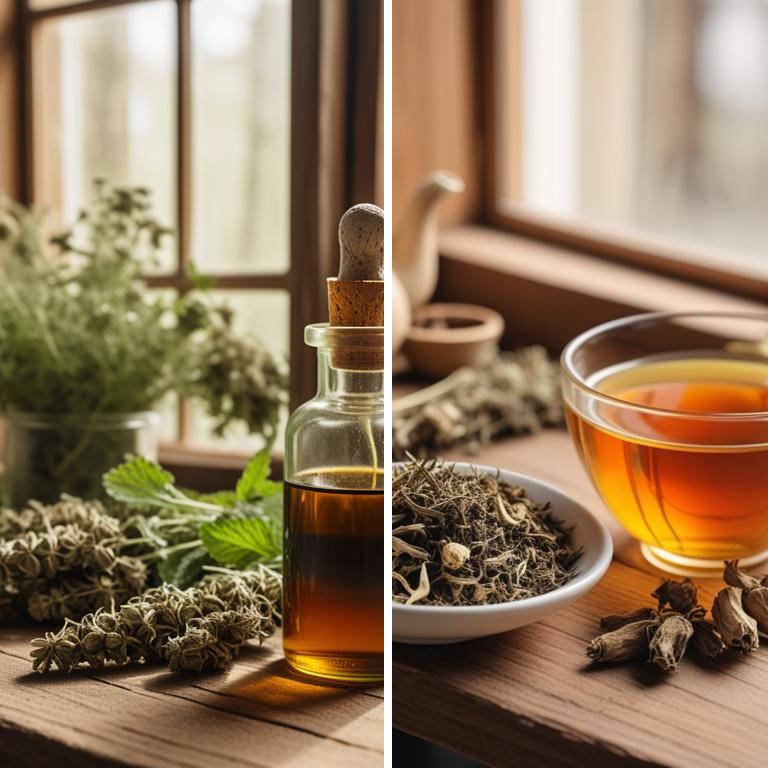
Herbal preparations are great for headaches because they offer a natural way to ease the pain.
A tincture is a strong liquid extract that you can take in small amounts to relieve headaches quickly. The active ingredients in the herbs can be easily absorbed by the body, providing fast relief. Decoction is another way to use herbs for headaches. It's a liquid made by boiling herbs in water, which helps to release their medicinal properties. This method is especially good for herbs that are hard to extract, like roots and bark. Drinking tea or infusion is also a great way to use herbs for headaches. These are both made by steeping herbs in hot water, but the difference is that infusion is typically made with delicate herbs that can't be boiled, while tea is usually made with harder herbs.
Both methods help to calm the body and mind, reducing headache symptoms. A salve is a topical cream or ointment that you apply directly to the skin. It's perfect for headaches caused by tension or muscle strain. The herbs in the salve can work directly on the affected area, relieving pain and reducing inflammation. These herbal preparations are great because they can be tailored to individual needs and preferences. For example, if you prefer a quick fix, a tincture might be the best choice. If you prefer a more relaxing experience, a tea or infusion could be better.
And if you have muscle tension, a salve could be just what you need.
Additional Resources:
What herbs should be avoided if you suffer from headaches?
If you experience headaches, it's a good idea to be cautious when using certain herbs.
Ephedra sinica, for example, contains a compound called ephedrine, which can cause blood vessels to narrow and lead to more severe headaches. Ginkgo biloba, while often used to improve memory, can also cause headaches in some people due to its ability to thin the blood and increase blood flow to the brain.
Taxus baccata, or yew, is highly toxic and can cause headaches, nausea, and vomiting if ingested, even in small amounts. Hypericum perforatum, commonly known as St. John's Wort, can interact with medications used to treat headaches and make them less effective. Cinchona officinalis, or fever tree, contains quinine, a compound that can trigger or worsen headaches in some people.
When using any herbal remedy, especially if you're prone to headaches, it's essential to talk to a healthcare professional or a qualified herbalist to ensure the herb won't exacerbate your condition.
FAQ
Are there any specific herbs that can prevent headaches?
Feverfew and ginger are herbs that may help prevent headaches.
Feverfew contains a chemical that reduces blood vessel swelling, which can cause pain. Ginger has anti-inflammatory properties that can ease pain and discomfort.
Some people find that taking these herbs regularly helps reduce the frequency and severity of their headaches.
Is it safe to use herbal remedies for headaches during pregnancy?
When it comes to using herbal remedies for headaches during pregnancy, it's best to be cautious.
Some herbs can cause problems for the baby or mother. Feverfew, for example, can lead to bleeding. Others, like peppermint, can cause allergic reactions.
Always check the ingredients and talk to someone you trust before taking anything.
Are there any herbs that can reduce the frequency of headaches?
Feverfew is an herb that has been used to help reduce the frequency of headaches.
It contains compounds that can help relax blood vessels and reduce inflammation. Some people also use ginger to help ease headache symptoms, possibly due to its anti-inflammatory properties.
These herbs may help alleviate headache pain for some people, but results can vary.
Can i combine different herbal remedies for headaches?
You can combine different herbal remedies for headaches, but be careful.
Some herbs can interact with each other or with medications, making symptoms worse. For example, mixing feverfew and ginger might help with pain, but combining them with ginkgo biloba could lead to bleeding issues.
Start with small amounts and monitor your body's response.
Related Articles
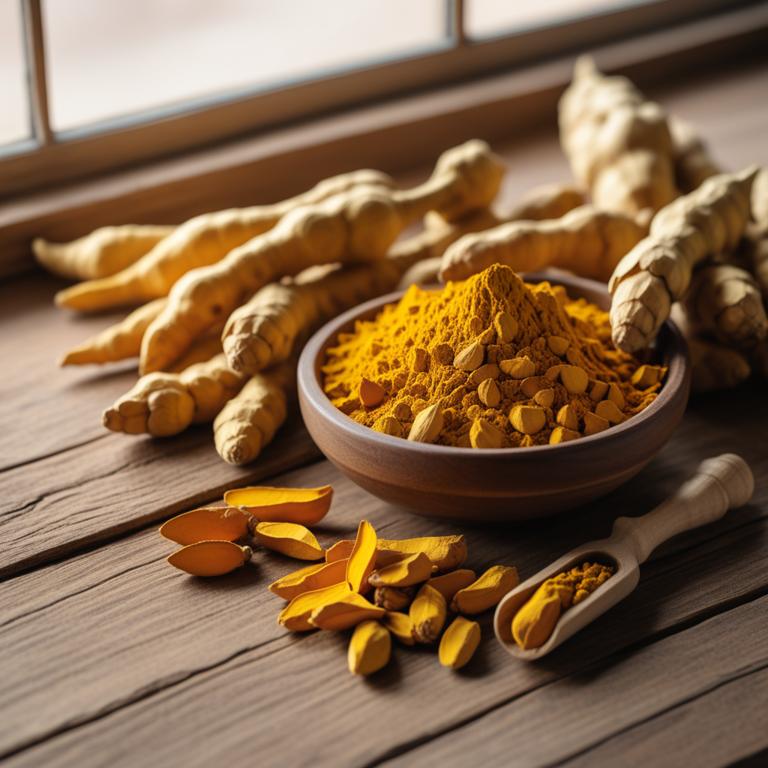
The Role of Medicinal Herbs and Herbal Preparations in Enhancing Postoperative Recovery
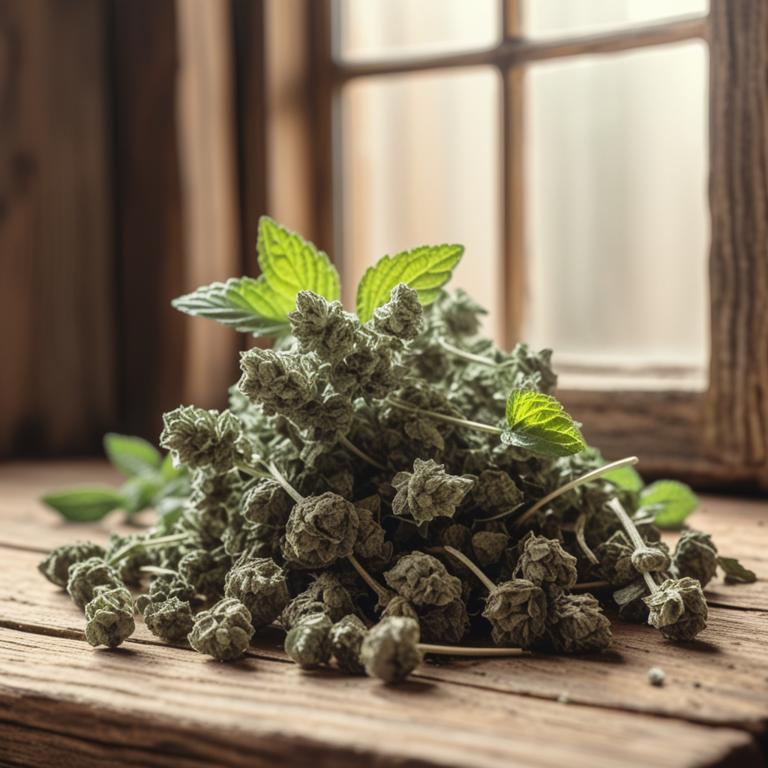
Understanding Taste Changes: Causes, Medicinal Herbs, and Herbal Preparations
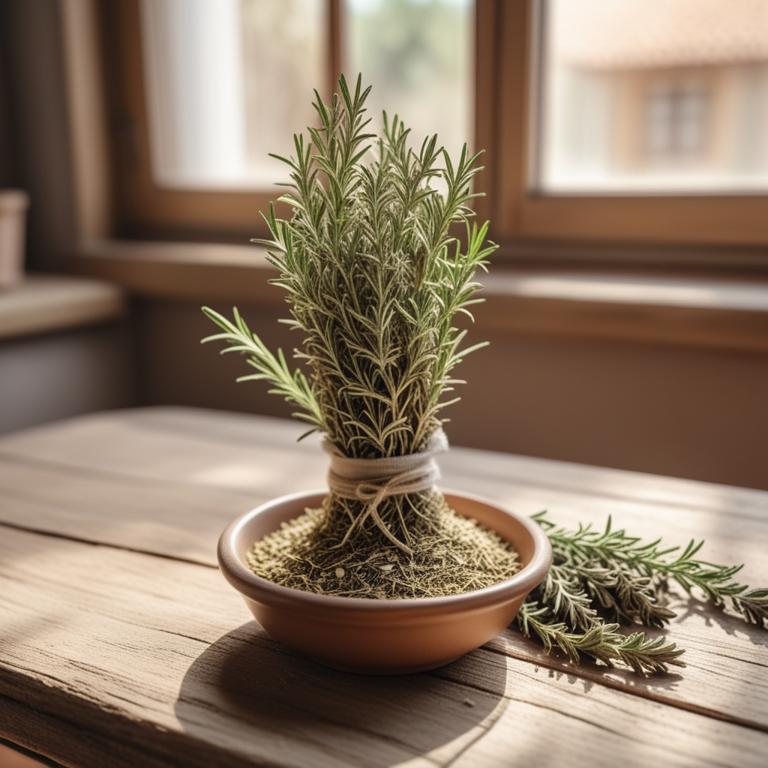
Chills: Understanding the Causes and Herbal Preparations for Treatment
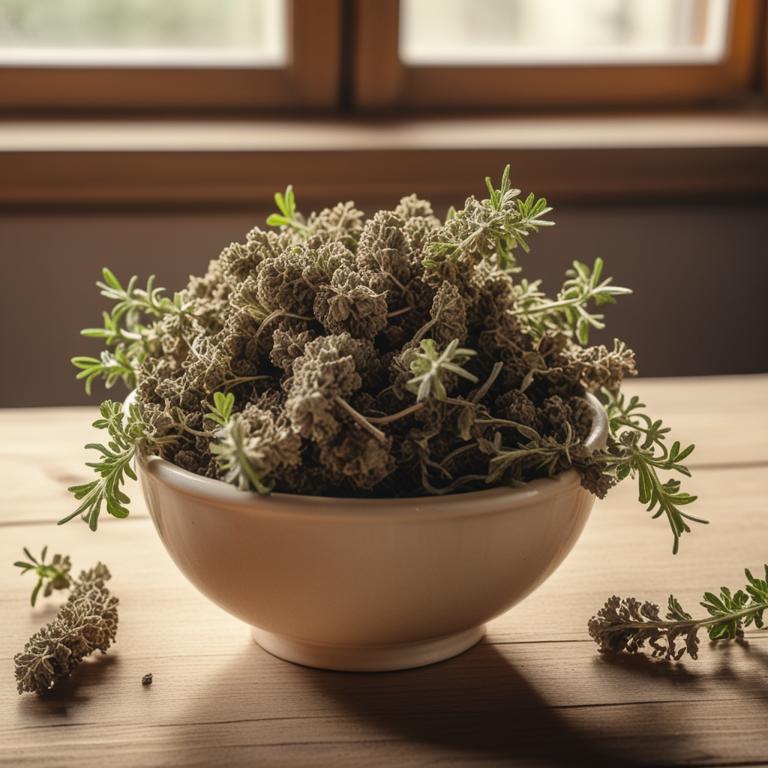
Speech Difficulty: Harnessing the Power of Medicinal Herbs and Herbal Preparations
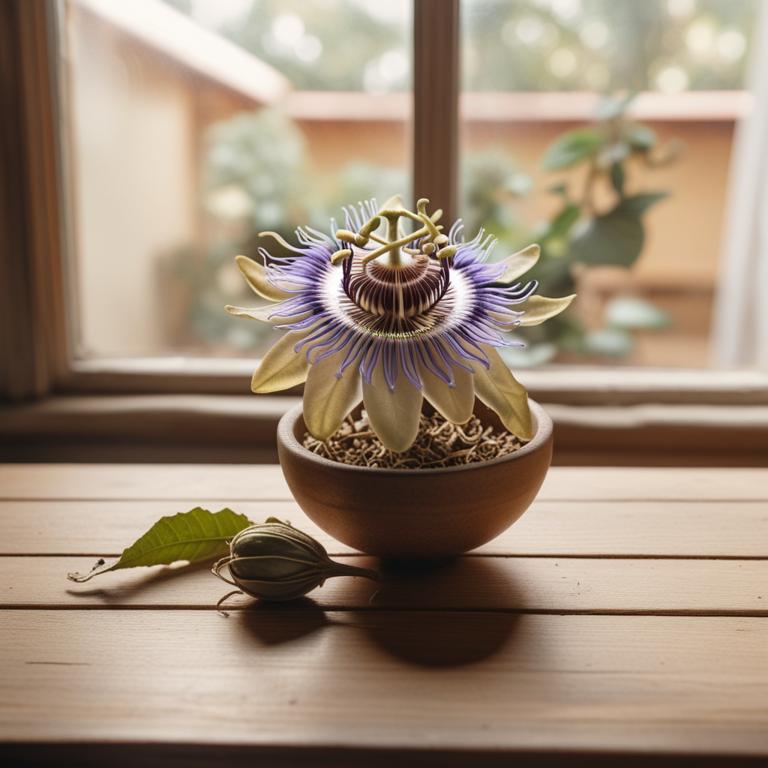
Understanding Insomnia: Causes, Medicinal Herbs, and Herbal Remedies
